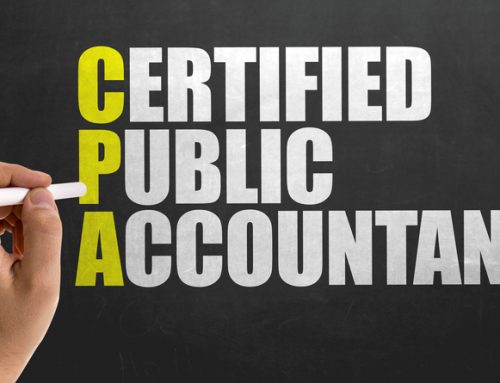While preparing 2012 individual tax returns in early 2013, we noticed a trickle of problems on Schedule K-1 from partnership investments in IRAs. That trickle became a flash flood this latest tax season. It is a problem which will erupt in an earthquake of tax and penalty if taxpayers receive an unexpected 1099-R for 2014 IRA distributions of which they were unaware!
What is this unexpected flow of taxable income from IRAs? In late 2012 and throughout 2013, investment advisers started advising clients to invest their IRAs in limited partnerships. These investments were sold as a way to increase returns, diversify the portfolio and increase liquidity (and were high commission products!). The culprit here is Internal Revenue Code Section 511 which applies the 39.6% unrelated business income tax (UBIT) on IRAs that earn income from a trade or business activity that generates more than $1,000 of income.
IRAs are exempt from UBIT on interest, dividends, royalties, rents and a few other items. The trap is that most limited partnerships operate businesses and borrow money, and most business and debt-financed income is considered UBIT when received by an IRA. Even if the IRA has exempt income the percentage attributed to debt financing may be subject to the UBIT tax at a flat 39.6% rate.
Look to the K-1 to see if it includes UBIT amounts, and if so, the trustee of the IRA is required to file IRS Form 990-T and pay the 39.6% tax. Even worse, the withdrawal from the IRA to pay the tax may be a taxable distribution, and if the taxpayer is under 59 and ½ it may be subject to the 10% early withdrawal penalty-all reported in January, 2015 on Form 1099-R!
Let’s see what happens here to the average taxpayer.
Assume the taxpayer invested $50,000 in a master limited partnership (MLP) in the oil and gas industry after being told they could earn as much as a 10% return. Assuming they did earn 10% this year (a real stretch in itself!) that means they earned $5,000. This $5,000 is most assuredly subject to the UBIT tax, but they do receive a $1,000 exemption, so only $4,000 will be taxed at roughly 40% or $1,600 of tax. Because it is extremely unlikely that the IRA trustee paid quarterly required estimated tax penalties, there might also be an underpayment penalty of say $100. If the IRA pays the tax and penalty, our of IRA funds this may be treated as an early withdrawal subject to tax at the individual level of ($1700 @ 30%) $510, plus a potential penalty of $170. So total tax would be (1600+100+510+170)=$2,380. Let’s add in a nice $120 of additional tax preparation fees for rounding and total costs of $2,500 reduce the expected 10% return to 5%, plus upon liquidation it will be taxed again if profitable. Even worse, any operating losses in the MLP are kept inside the IRA without benefit to the individual.
We do not want to go so far as to say that IRAs should not invest in MLP’s. That is clearly an investment decision. Our fear is that most taxpayers are not receiving the full picture of the tax aspect of an MLP investment in an IRA and that some brokers are motivated by commissions rather than suitability. Add in the complex reporting requirements that we fear IRA trustees are ignoring and we are looking at a perfect storm of potentially disqualified IRAs for non-compliance by trustees at worst, and dramatically reduced investment returns at best, particularly when compared to the risk of the investment.







